Welcome to Our Research Archive
Search and filter by content type, issue area, author, and keyword
- ✕ Clear Filter
- AI (1)
- Article (4)
- Articles (993)
- book (1)
- Climate (243)
- climate change (1)
- data dashboard (14)
- electricity (3)
- energy (247)
- Events (25)
- op-ed (2)
- Podcast (3)
- Post (2)
- Puerto Rico (1)
- Report (2)
- Reports (16)
- science (81)
- science funding (10)
- science trust (10)
- technology (553)
- testimony (1)
- Working paper (1)

August 8, 2025
Is Making Platforms Responsible for Banning Australian Children’s Use a Straw Man?
Prime Minister Anthony Albanese’s Australian federal government is forging ahead with its “world-leading” legislation aimed at protecting Australian under-16s from social media harms. Last week, it was announced that YouTube—previously the beneficiary of a carve-out that excluded it from earlier versions of the legislation—will now be included in measures to “protect young Australians at a…
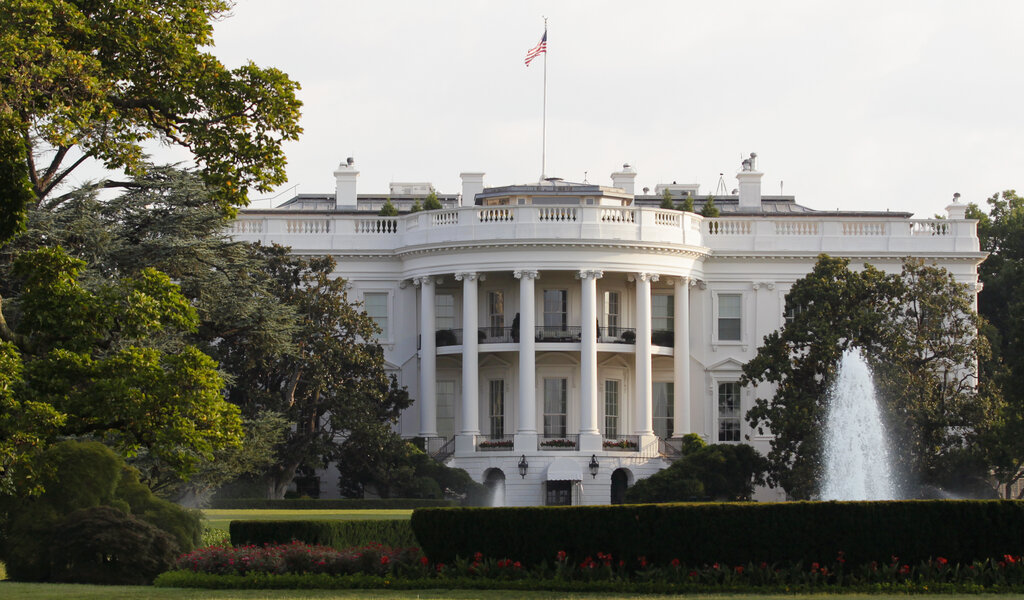
August 7, 2025
Securing Critical Infrastructure in the Age of AI
The Trump administration’s America’s AI Action Plan—released in July—takes a significant step toward positioning artificial intelligence as both a national asset and a defense tool. One of its most notable provisions calls for the strategic use of AI to protect America’s critical infrastructure, from pipelines and power grids to financial systems and public services. As…

August 6, 2025
Some Property Rights Archaeology
In a recent post, I discussed the interesting response to the idea that information has taken on the characteristics of common-law property: “That would be a bad idea.” Saying so has incongruence akin to looking at a rainstorm and saying it’s a bad idea. Good or bad, I believe it’s happening. And I think it’s…
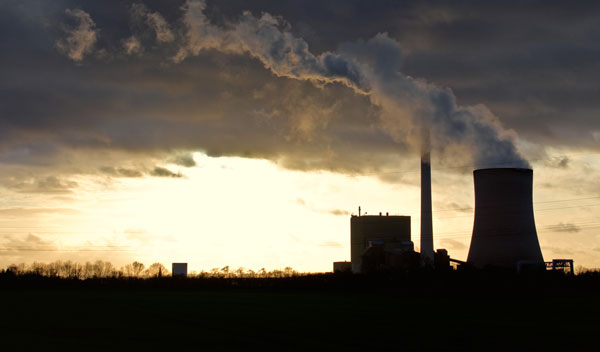
August 5, 2025
Well Cited
Last week, a colleague of mine sent me a copy of an email that they had received from ClimateBrief, a UK-based advocacy journalism group. The email asked for examples of how their published research had been “falsely or misleadingly characterised” in the Department of Energy (DOE) Climate Working Group (CWG) report. That email began as follows:…

August 5, 2025
Trump’s AI Plan Is Right to Cut Red Tape. But It Must Also Confront Europe’s Data Grab.
President Trump’s new AI Action Plan gets the big picture right: America’s private sector—not government central planners—should lead AI development. But to achieve that goal, the administration will have to do more than roll back domestic red tape. It must also confront a growing threat from abroad: the European Union’s data strategy, which deliberately hobbles…
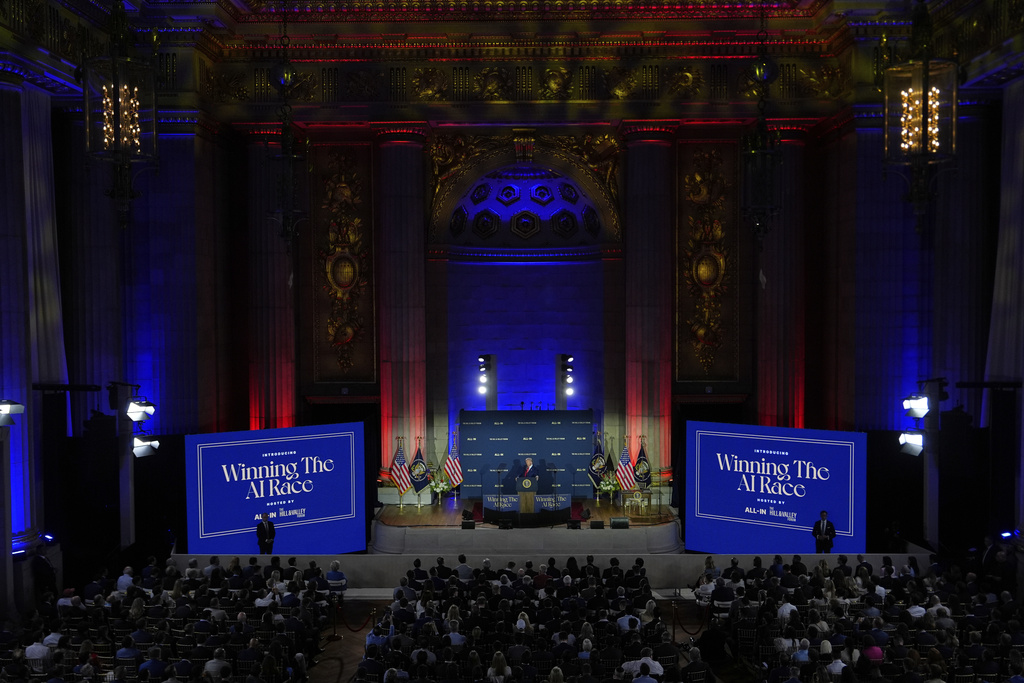
August 5, 2025
A Deep Dive Into the Trump Administration’s AI Action Plan
At a recent American Enterprise Institute event, a panel of experts dissected the sweeping AI Action Plan released by the Trump administration just a few days earlier. Together, they unpacked the plan’s ambitious goals, its underlying approach, and potential roadblocks that could hinder implementation. Understanding the plan requires understanding the moment. White House AI advisor…
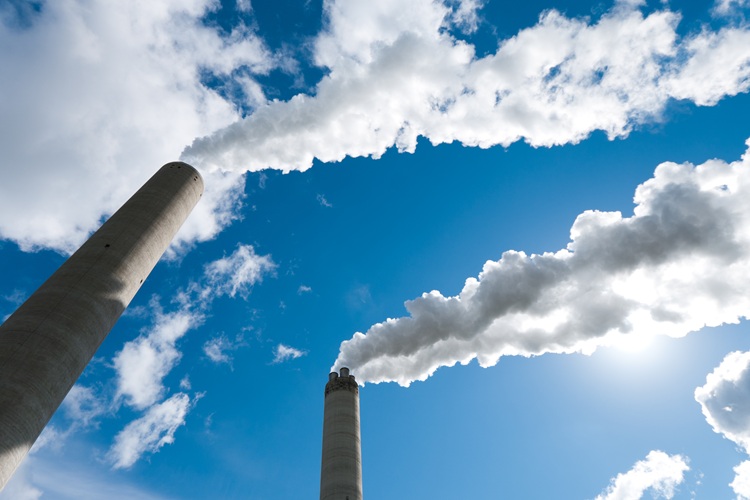
August 4, 2025
Emissions Scenarios, CWG Fact Check 1
The reactions to the DOE Climate Working Group (CWG) report released last week have been just as interesting as the report itself. The degree of vitriol and freak-out by activist climate scientists and journalists has surprised even me, who has seen it all. For instance, one NASA climate scientist wrote on X of the authors of the report: In…
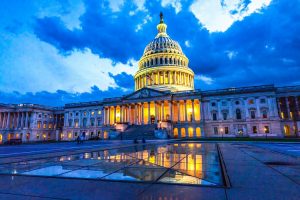
August 4, 2025
Congress Must Lead on Universal Service Reform
Last week, I was privileged to participate in a panel discussion at the NARUC Summer Policy Summit. Titled “USF in the 21st Century: Where Do We Go From Here?,” the panel was moderated by Nebraska Commissioner Tim Schram and included representatives from the South Dakota Public Utilities Commission, NTCA—The Rural Broadband Association, and the Computer…
August 1, 2025
AI Tools for Economists and Policy Analysts
New artificial intelligence tools are rapidly transforming how economists and policy analysts conduct research, dissect data, and communicate findings. Rather than replacing traditional research methods, ChatGPT, Claude, and Gemini are serving as force multipliers, allowing analysts to explore ideas more thoroughly and overcome common bottlenecks in the research process. The Basics As of writing, I…

July 31, 2025
Spectrum at a Crossroads
President Donald Trump recently signed the “One Big Beautiful Bill Act” into law which, among other action items, restored the Federal Communications Commission’s authority to auction spectrum. Although this authority is now back in place, questions are bound to bubble to the surface—how is this vital resource managed, and by whom? With spectrum powering everyday…